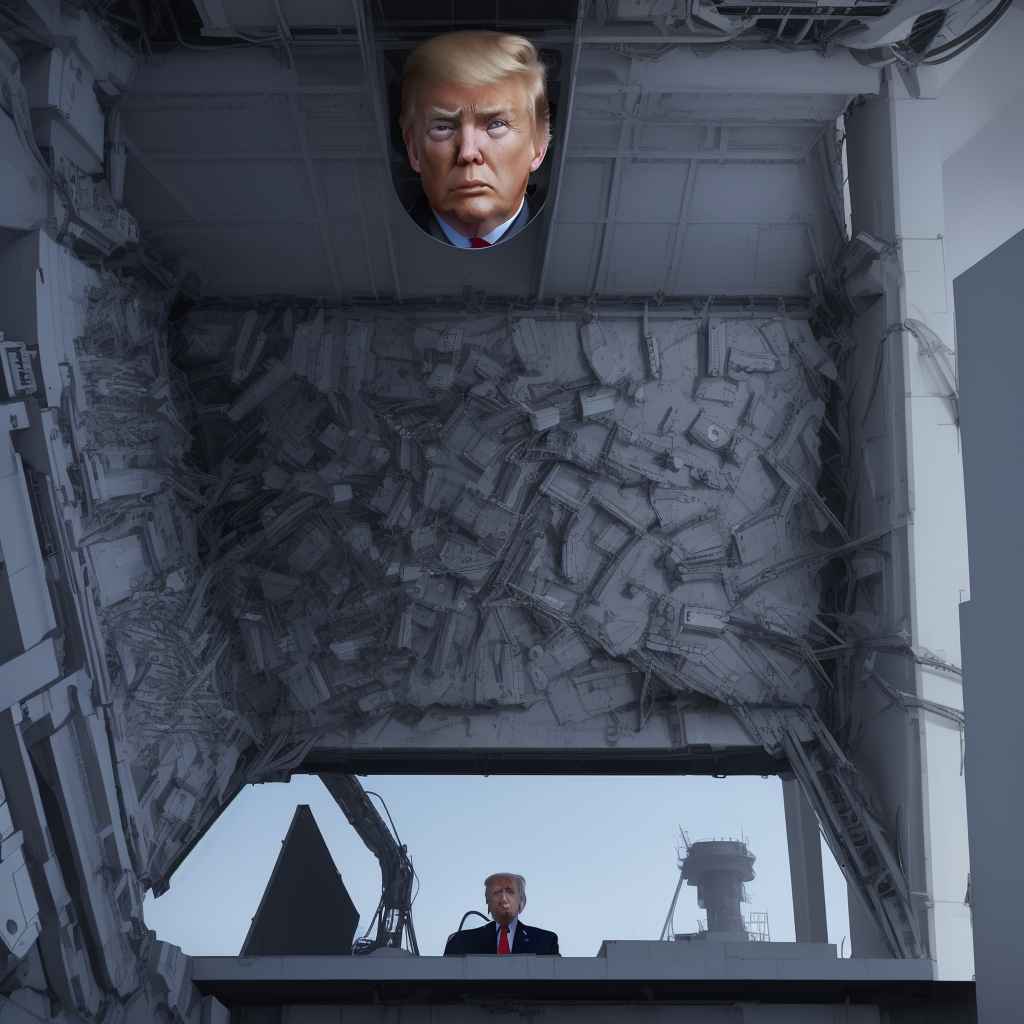
Pentagon Chief Orders Immediate Review of Cyber Command Leadership Following High-Level Resignation
President Trump Fires Head of US Cyber Command and NSA
In a surprise move, President Trump has fired the head of the US Cyber Command and the National Security Agency (NSA), Admiral Michael Rogers.
According to sources, Trump made the decision to fire Rogers after a meeting at the White House, citing a lack of confidence in the admiral's leadership. Rogers had been in charge of the Cyber Command since its inception in 2010 and had also served as the director of the NSA since 2014.
The sudden firing has left many in the cybersecurity community stunned and concerned, as Rogers had been a key player in shaping the country's cyber defense strategy. The move also raises questions about the stability of the US cyber command, which has been tasked with countering the growing threat of cyber attacks from nation-state actors.
Rogers' departure is seen as a significant blow to the US cybersecurity efforts, particularly in the wake of recent high-profile cyber attacks on major US companies and government agencies. The NSA has been at the forefront of the country's efforts to combat cyber threats, and Rogers' expertise and leadership were seen as crucial in this fight.
The timing of the firing is also seen as curious, coming just days after a major cyber attack on the US Democratic Party, which has been attributed to Russian hackers. The incident has sparked concerns about the vulnerability of the US electoral system to foreign interference.
The White House has declined to comment on the reasons behind the firing, but sources suggest that Trump's decision may have been influenced by his desire to shake up the US cybersecurity apparatus and bring in fresh leadership to tackle the growing threat of cyber attacks.
The sudden departure of Rogers has left many wondering what the future holds for the US Cyber Command and the NSA, and what impact this change will have on the country's cybersecurity efforts in the coming months.